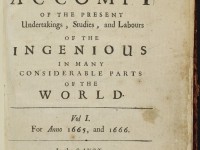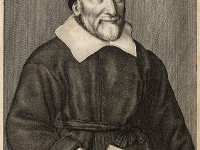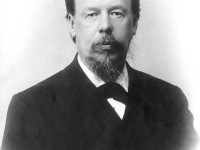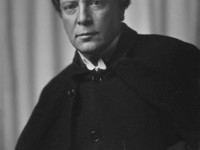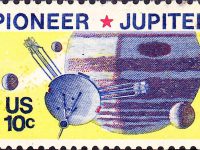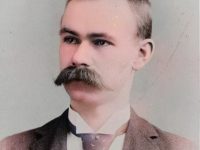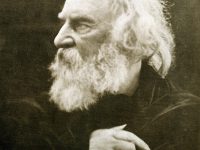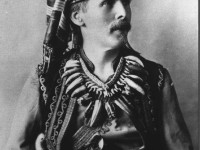The Philosophical Transactions of the Royal Society
On March 6, 1665, the very first issue of the Philosophical Transactions of the Royal Society was published. The journal published by the Royal Society was the first journal in the world exclusively devoted to science. Moreover, it is also the world’s longest-running scientific journal. “Had I been a literary man I might, perhaps, have moralised upon the futility of all ambition. But as it was, the thing that struck me with…
Read more

